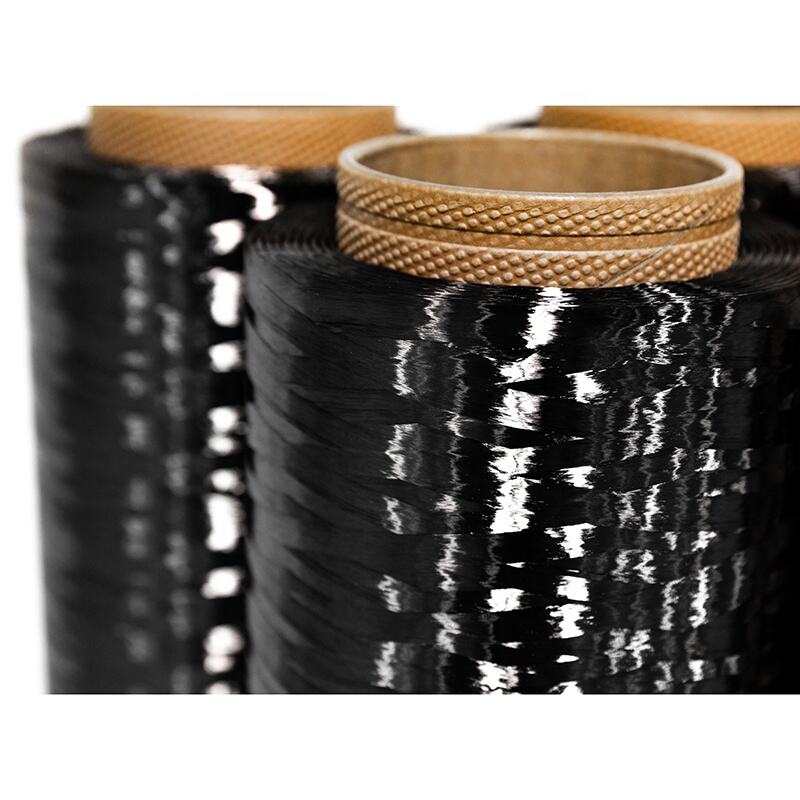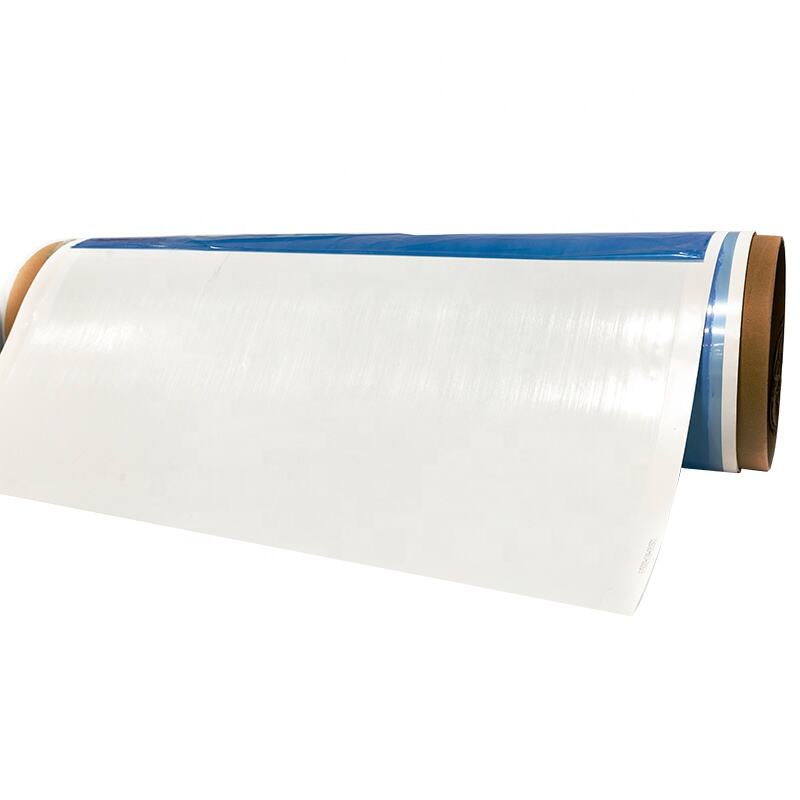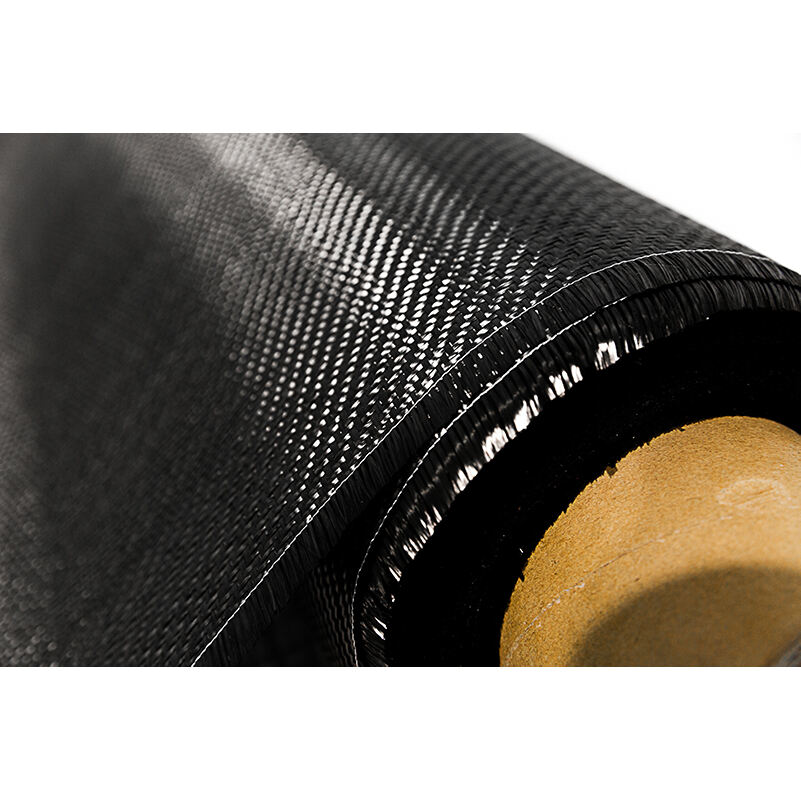carbon fibre
Carbon fibre represents a groundbreaking material in modern engineering, characterized by its exceptional strength-to-weight ratio and versatile applications. This advanced material consists of extremely thin fibers, about 5-10 micrometers in diameter, primarily composed of carbon atoms bonded together in microscopic crystals. The manufacturing process involves oxidation and thermal treatment of organic precursor fibers, resulting in a material that combines remarkable strength with incredibly low weight. Carbon fibre's unique properties make it invaluable across numerous industries, from aerospace and automotive to sporting goods and consumer electronics. In aerospace applications, it enables the construction of lighter, more fuel-efficient aircraft while maintaining structural integrity. The automotive industry utilizes carbon fibre to reduce vehicle weight, improving performance and fuel efficiency while maintaining safety standards. Beyond transportation, carbon fibre has revolutionized sports equipment manufacturing, enabling the creation of stronger, lighter equipment that enhances athletic performance. The material's corrosion resistance and durability make it ideal for marine applications, while its aesthetic appeal has led to its adoption in luxury goods and architectural elements. Recent technological advances have improved manufacturing efficiency and reduced costs, making carbon fibre increasingly accessible for broader commercial applications.


